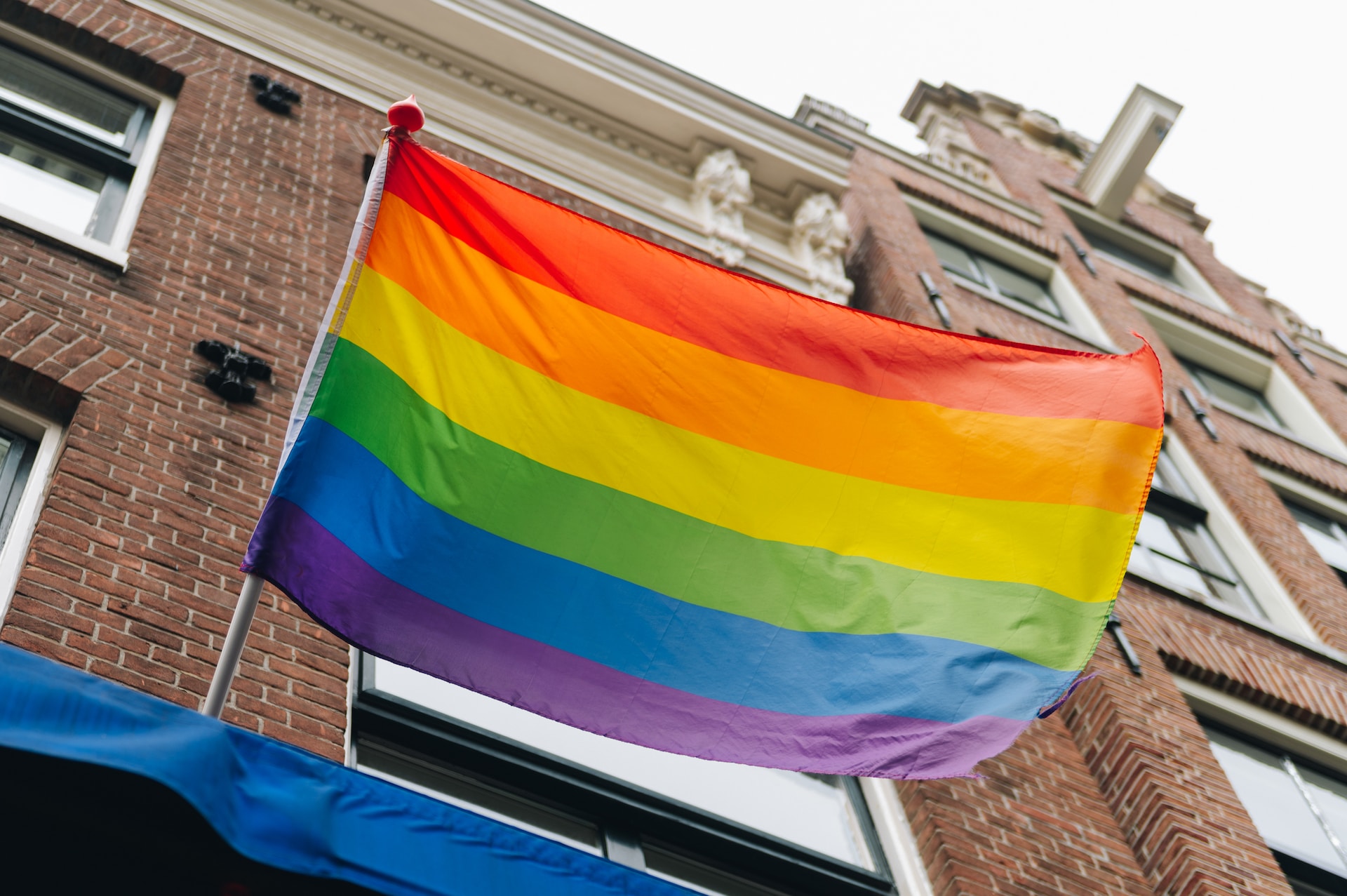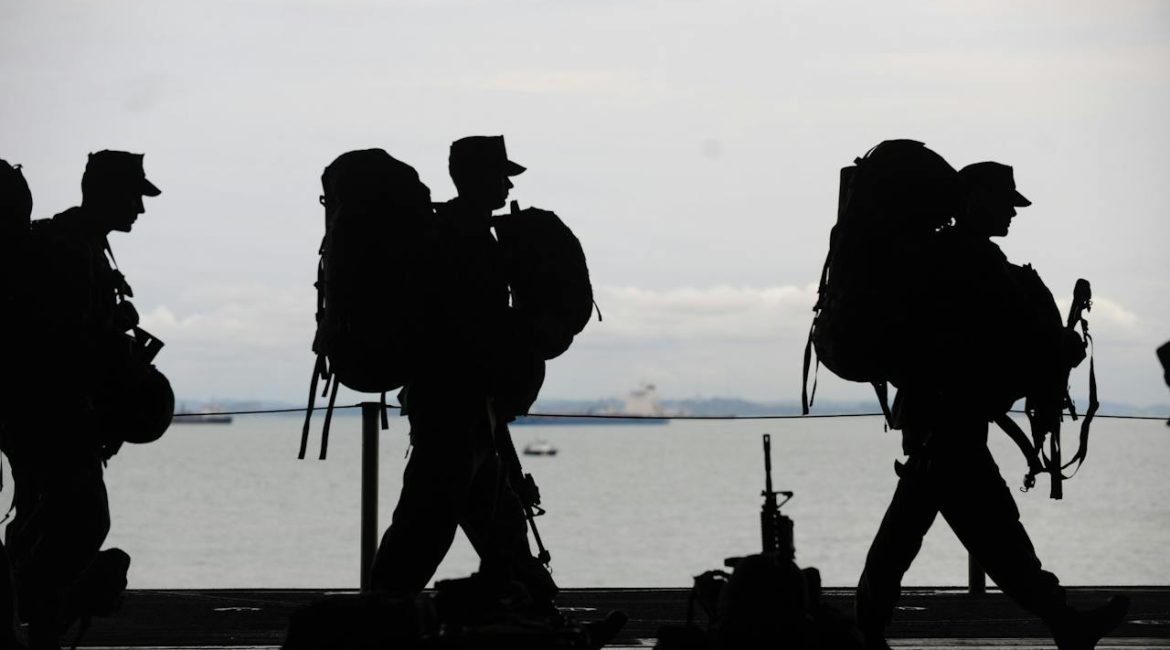In the mid-1990s, the U.S. military adopted the “don’t ask, don’t tell” (DADT) mandate, a move that forced countless gay, lesbian, and bisexual personnel to hide their true selves. This policy stipulated that while they could serve, they had to suppress their genuine identities. Any disclosure of their sexuality might lead to a dishonorable discharge, impacting their financial well-being and access to crucial services.
Even after its removal in 2011, the shadow of DADT continues to loom. Around 14,000 gay and lesbian military members were dishonorably discharged under this policy. While there’s a mechanism to request a change to an honorable discharge, fewer than 500 have opted for it, largely due to the hurdles in gathering the required documentation and potential legal assistance.
Progress Under the Biden Administration
In 2021, a landmark decision by the Biden government enabled LGBTQ+ veterans who had received dishonorable discharges to access numerous benefits from the U.S. Department of Veterans Affairs (VA). Yet, the deep-rooted biases from the DADT era persist, often hindering these veterans in their job hunts and in attaining certain benefits due to service duration.
Prevailing Obstacles for LGBTQ+ Military Personnel
While there have been improvements, LGBTQ+ military members still confront substantial societal challenges. Discrimination and unfair treatment from colleagues and superiors are still rampant. The Pride Month event at West Point in 2021 underscored this ongoing bias, with Cadet Frankie Rivera emphasizing cases where LGBTQ+ military members missed out on advancements because of their sexuality.

Additionally, data indicates that about 59% of LGBT military personnel do not disclose their sexuality at work for fear of prejudice. This sentiment resonates with Maj. Chad Plenge’s analogy of the trepidation of disclosing one’s sexuality in the military to the fears encountered during combat situations in Afghanistan.
Transgender & Intersex Personnel: A Continuing Struggle
For a substantial duration, transgender individuals were prohibited from military service, most notably between 2019 and 2021. Notwithstanding these bans, one in five transgender individuals has served in the military, with many facing prejudice related to their gender identity, including taunts and hurdles to accessing gender-affirming resources.
The military’s current policies also restrict intersex individuals from openly serving.
HIV and Military Service
Military members diagnosed with HIV post-enlistment encounter notable prejudice, impeding their career progression and overseas assignments. Such practices disproportionately impact gay military members, particularly given the societal biases post the AIDS crisis in the 1980s.
Financial Challenges for LGBTQ+ Military Personnel
LGBTQ+ military personnel grapple with distinct economic hardships. Biases in promotions and recent restrictions on same-sex couples residing on military bases have significant fiscal consequences, such as restricted access to reduced-price goods and welfare programs.
Moreover, the economic woes of LGBT members of the National Guard and reserves worsened during the pandemic. Data from 2021-2022 shows a gap in financial stability between LGBT and non-LGBT military personnel.
Veterans and Financial Uncertainty
The remnants of DADT have left a significant number of LGBTQ+ veterans in financially precarious situations. The Federal Reserve’s 2019 findings highlight the financial disparities between LGBT and non-LGBT veterans.
The Path Ahead: The Importance of the Equality Act
To comprehensively address these challenges, the adoption of the Equality Act is paramount. This bill aims to offer protections for LGBTQ+ individuals in areas like housing, work, and public amenities, which would greatly enhance the lives of LGBTQ+ military members and veterans.
In sum, despite the advancements, there remains a pressing need to ensure equality and dignity for all military personnel, irrespective of their gender identity or sexuality.
©loveinclusion.org





